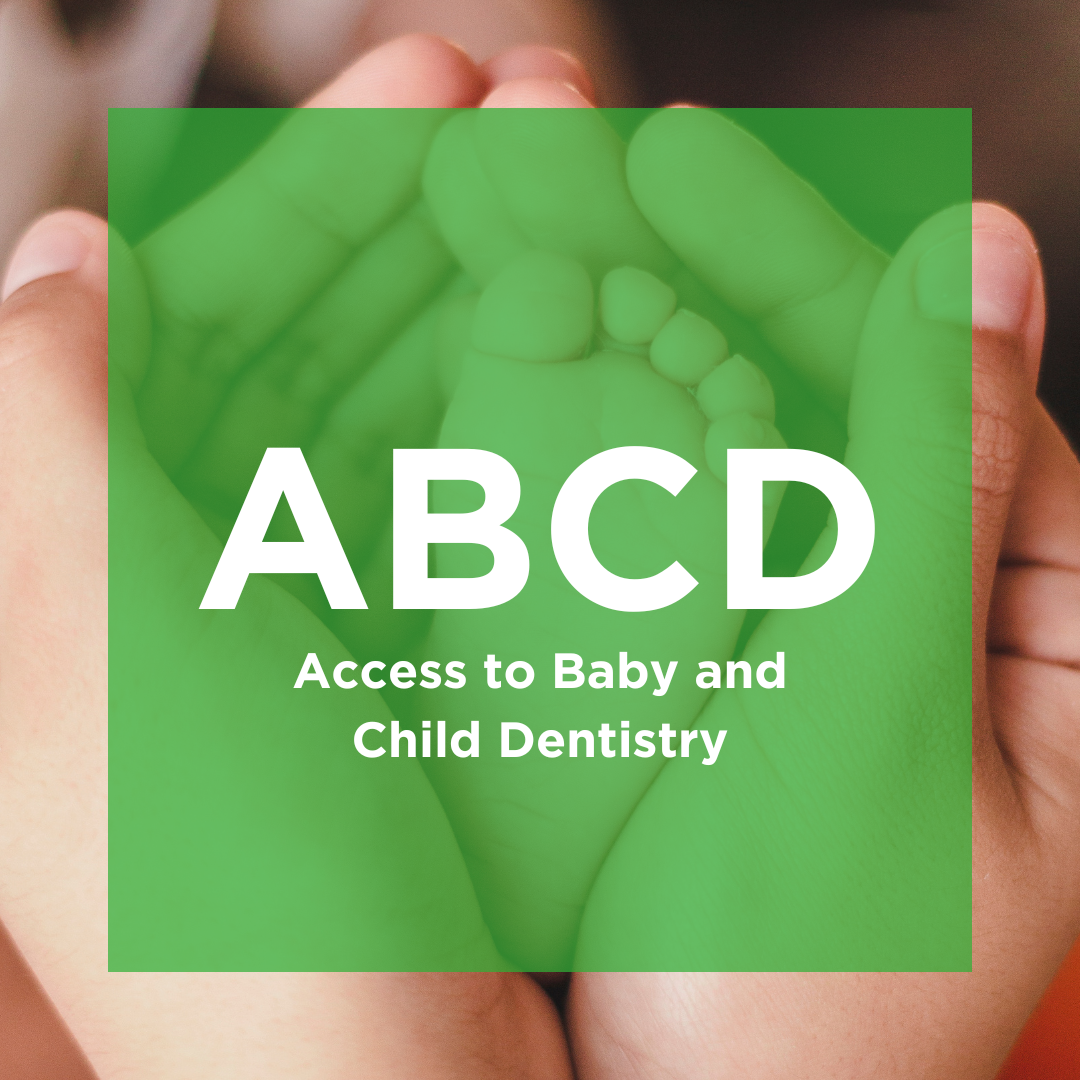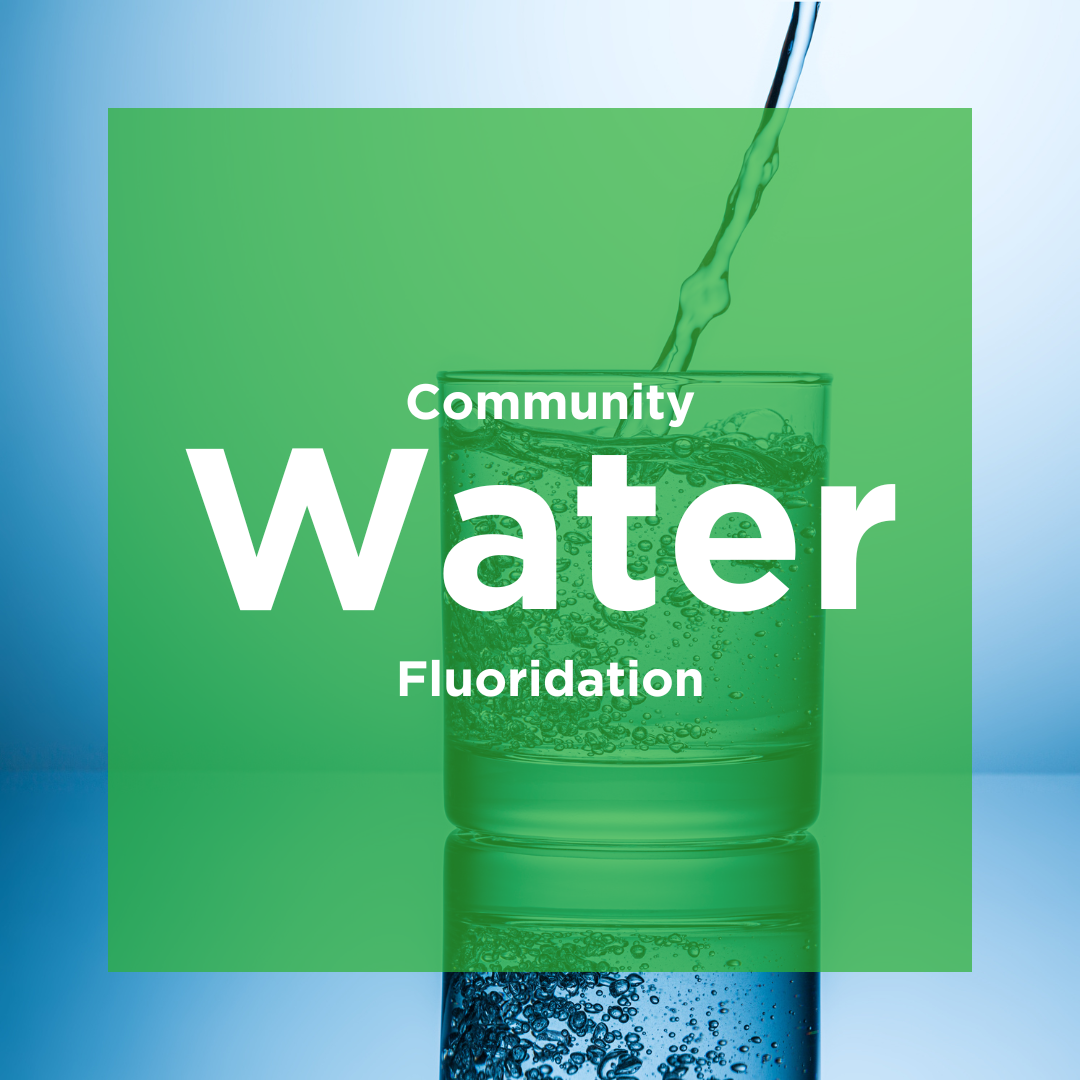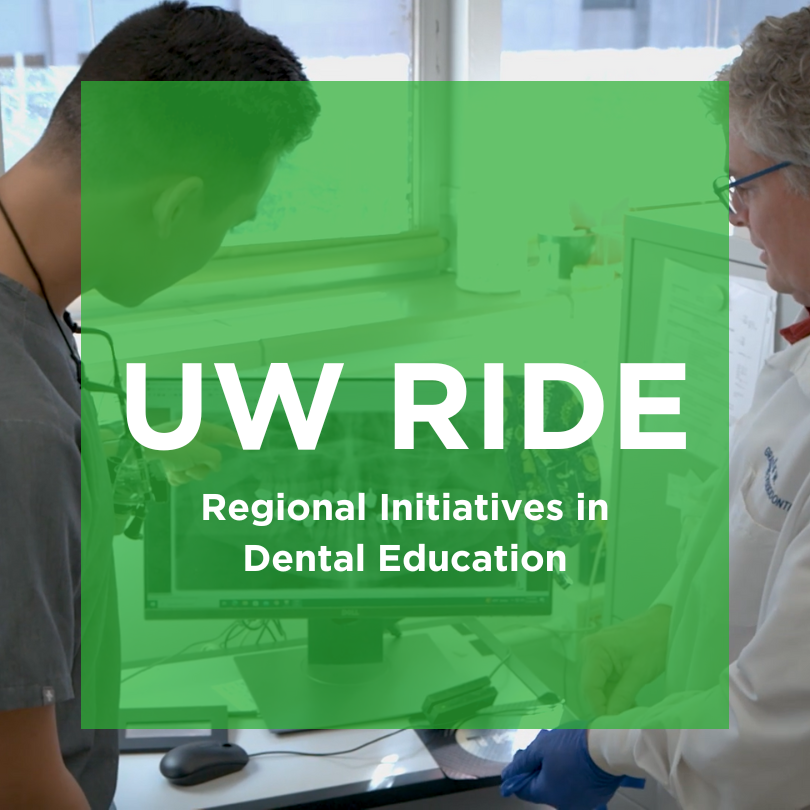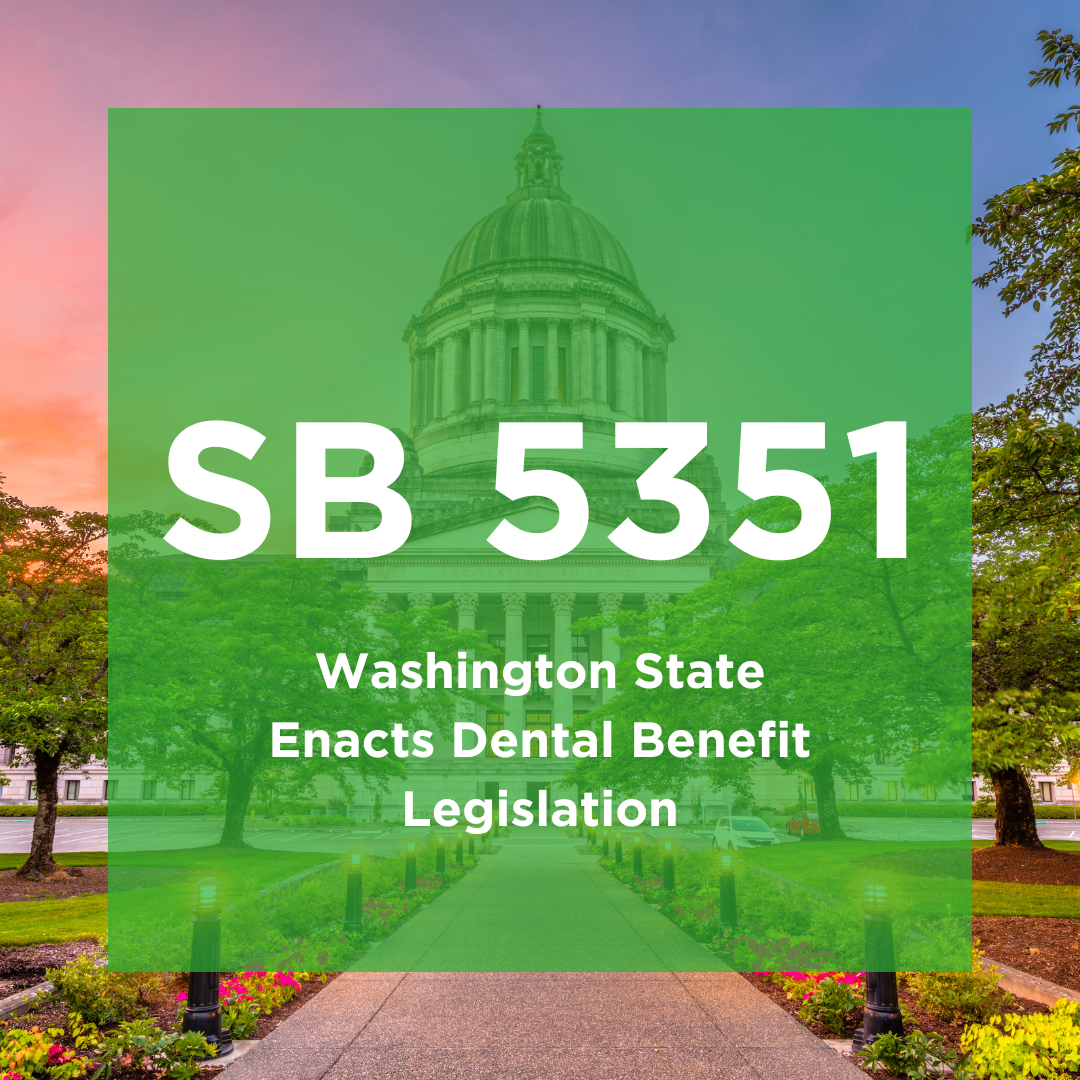The following updates are issues that Delta Dental of Washington and Arcora Foundation have supported and advocated for throughout the legislative session.
Legislative Updates





ABCD connects low-income families with providers who know how to care for young children, focusing on prevention and avoiding tooth decay, as well as educating parents about how to take good care of their children’s teeth. ABCD is a priority of Arcora Foundation.
2024 legislative success: Secures $1 million in combined state and federal funds to maintain and expand the capacity of local coordinators.
Access to Baby and Child Dentistry (ABCD)
2024 legislative success: Allocated $100,000 for convening stakeholders to advance recommendations from the oral health equity report, a priority of the Arcora Foundation aimed at improving oral health outcomes statewide.
Community Water Fluoridation
Each image has an "on click -show target and hide others" interaction applied. Every time you click on an image it will show a specific hotspot in the "Cycle through Hotspots" folder and hide the other Hotspots. The Hotspots in this folder have "on view - change target state" interactions which triggers the images to change to a certain object state.
Object states give you the ability to assign various “states” to an element on the canvas. Each image has four states where the images positions and size changes in each state.
This hotspot has an "on click- cycle next interaction". It is cycling through two folders.
The first folder is cycling through "Cycle through Hotspots". Each Hotspot in this folder has an "on view - change target state" interactions which triggers the images to change to a certain object state.
The second folder is cycling through the "Text" folder. This folder has the added descriptions under each image.
Create an image "preview" for a carousel of images using object states.
Advanced Template - Image Preview Carousel
1280px x 720px



ABCD connects low-income families with providers who know how to care for young children, focusing on prevention and avoiding tooth decay, as well as educating parents about how to take good care of their children’s teeth. ABCD is a priority of Arcora Foundation.
2024 legislative success: Secures $1 million in combined state and federal funds to maintain and expand the capacity of local coordinators.
Image 3 Header
2024 legislative success:
Allocated $100,000 for convening stakeholders to advance recommendations from the oral health equity report, a priority of the Arcora Foundation aimed at improving oral health outcomes statewide.
Image 2 Header
The Regional Initiatives in Dental Education (RIDE) program is a specific educational track of the University of Washington School of Dentistry that provides opportunities for dental students to train dentists to meet the needs of rural and underserved populations in the state and region.
�2024 legislative success: The RIDE program receives $2.5 million through June 2025 for expansion efforts, ensuring that the program can extend its reach and impact in rural and underserved communities across Washington State.�
Image 1 Header

Delta Dental of Washington has conducted an analysis of the Washington statutes that were effective July 27, 2025, related specifically to the denial of procedures that are performed on the same-day as other procedures. As a result of this analysis, we do not anticipate the need for plan design or plan features changes as Delta Dental of Washington is already compliant with the new rules and claim processing updates will be minimal. There are also new requirements for benefit carriers that pay providers using virtual credit cards. Because Delta Dental of Washington does not use virtual credit cards to pay providers and has no plans to do so, these provisions will not impact our operations.�Key takeaway: SB 5351’s changes will have minimal operational impact for Delta Dental of Washington due to existing compliance and non-use of virtual credit cards. Learn more.
Washington State Enacts Dental Benefit Legislation – SB 5351
The Regional Initiatives in Dental Education (RIDE) program is a specific educational track of the University of Washington School of Dentistry that provides opportunities for dental students to train dentists to meet the needs of rural and underserved populations in the state and region.�2024 legislative success: The RIDE program receives $2.5 million through June 2025 for expansion efforts, ensuring that the program can extend its reach and impact in rural and underserved communities across Washington State.�
University of Washington's RIDE Program